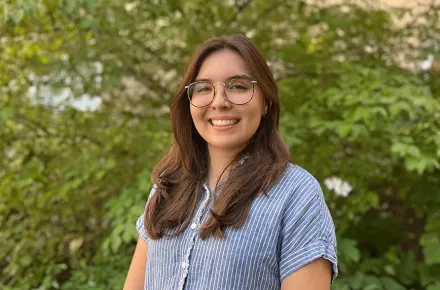About the programme
In this two-year master's programme, you will learn the key skills required to work as a biostatistician or data scientist. You will get training in statistics, computational science, and programming, alongside the theoretical and practical education to apply these skills to challenges in biology, medicine, and public health.
In addition, you will learn the analytic techniques used in data science to prepare you for the data-driven challenges of modern medical research and a career as a data scientist.
You will study a tailored selection of courses from three universities with prominent research in their respective fields: Karolinska Institutet, KTH Royal Institute of Technology, and Stockholm University.
The programme is delivered by a team of teachers who are internationally recognised for their research in developing new biostatistics and data science methods, and for their collaborative research with scientists from other disciplines to improve health outcomes.
The first year begins with rigorous courses in statistics, exploring probability theory and statistical inference, and statistical modelling with a heavy focus on modelling biomedical data. Additionally, you will get an introduction to computer intensive methods in mathematical statistics. These courses give you the basis for the elective courses in machine learning and statistical learning in the second half of the year.
You will also get an introduction to human biology, physiology, and genetics, and an introduction to medical research, emphasising its multidisciplinary nature and the role of biostatistics and data science in medical research and society.
The second year introduces topics in biostatistical science that complicate or extend the concepts and methods covered in previous courses, for example, incomplete or missing data, correlated or clustered data, and Bayesian inference.
Courses in the second year build upon previous courses by giving an overview of methods for designing and analysing medical research studies in three areas: pre-clinical studies and animal research, clinical trials, and observational studies.
In the final semester, you will conduct a degree project, which involves participating in research projects in an academic or industrial environment.








